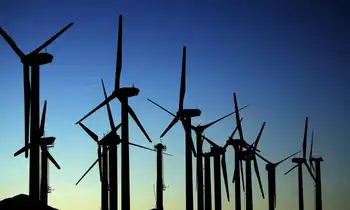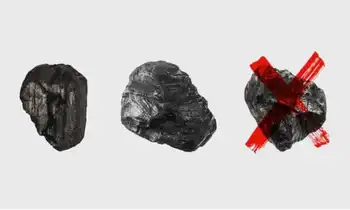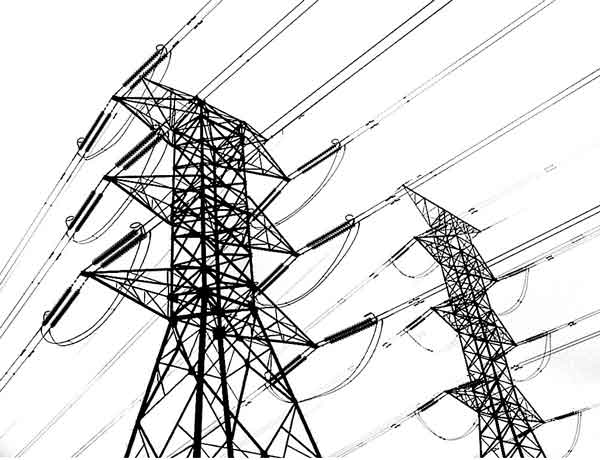Toronto household power use soars 18 per cent
By Toronto Star
CSA Z463 Electrical Maintenance -
Our customized live online or in‑person group training can be delivered to your staff at your location.

- Live Online
- 6 hours Instructor-led
- Group Training Available
But the sharp increase underscores the need for the province to push energy conservation more aggressively, says the chair of the Ontario Clean Air Alliance.
Toronto Hydro says residential power consumption jumped 18 per cent in June and July, compared with last year.
Provincial power use is also up significantly. The Independent Electricity System Operator says total consumption was up 6 per cent in June, 18 per cent in July and 6 per cent so far in August. It didn't break out a separate figure for residential consumption.
Jack Gibbons of the clean air alliance said the hot weather clearly had an impact on the increase, and cautioned not to read too much into a few months of data.
But he said it's a warning signal that the province needs to pay more attention to curbing power use rather than increasing supply.
"Weather can be a big driver of electricity demand," he said, and current conservation programs are moving in the right direction.
Toronto Hydro, for example is pushing the Peaksaver program to install devices on central air conditioners, allowing the utility to keep the unit from switching on as frequently when demand soars and strains the system. Customers who sign up from now until December 31 will get a one-time $75 credit.
But current efforts are skewed toward producing more power rather than saving energy, Gibbons said.
"For every dollar the Ontario Power Authority has spent on conservation and demand management, they've contracted for $40 of new supply," he said.
"We don't have a balanced approach to meeting our electricity needs."
Energy Minister Brad Duguid said the fact that the power system has withstood this summer's exceptional heat is testimony to the success of current policies.
"If we had not made the important investments we've made, and had not taken some of the conservation measures we've taken, we would have run out of power consistently throughout this summer," he said in an interview.
"There were no warnings this summer to reduce electricity on particular days."
Gibbons said the power authority should be funding local utilities to hire students to go door to door, selling conservation programs like Peaksaver, just as energy retailers have sales staffs on the ground to sell their products.
"There's no reason why the Peaksaver program can't be as successful as the Blue Box," he said.
Ben Chin, vice president of the power authority, said Gibbons' comparison of the money spent on generation and conservation is questionable, because the ratio can change quickly if the price of power goes up or down.
"But I don't think we disagree that we need to keep the pedal to the floor on conservation," Chin said.
The OPA has set a target of shaving peak demand by 6,300 megawatts by 2025, Chin said: "It's the equivalent of taking one in five users off the grid."
The OPA has triggered the Peaksaver program three times, this year, and a similar program for industry eight times, he said.
Toronto Hydro has an additional program called Powershift that it triggers whenever the temperature is above 27 degrees it's been used 36 times this summer. About 4,000 households have signed up for it.











